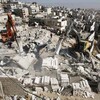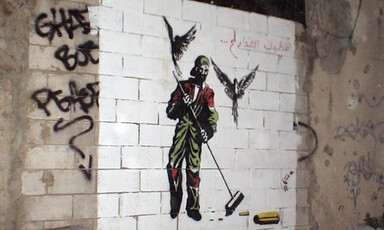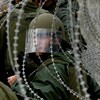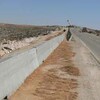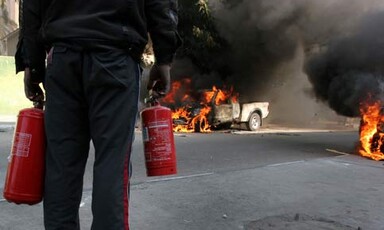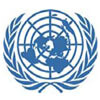
Uncle and a 3-Year-Old Will Lead Protests over Palestinian Immigrant Jailing
28 December 2006
The brother of a jailed Palestinian man whose children and pregnant wife are being held in a Texas jail says he will stage a small protest with his 3-year-old niece Friday morning outside the San Antonio offices of Immigration and Customs Enforcement (ICE) at 8940 Fourwinds Dr. Ibrahim will take the family’s case to the streets, asking for release of his niece’s three sisters, teenage brother, and pregnant mother—all of whom have been held in jail since their midnight arrests on Nov. 3. Read more about Uncle and a 3-Year-Old Will Lead Protests over Palestinian Immigrant Jailing

